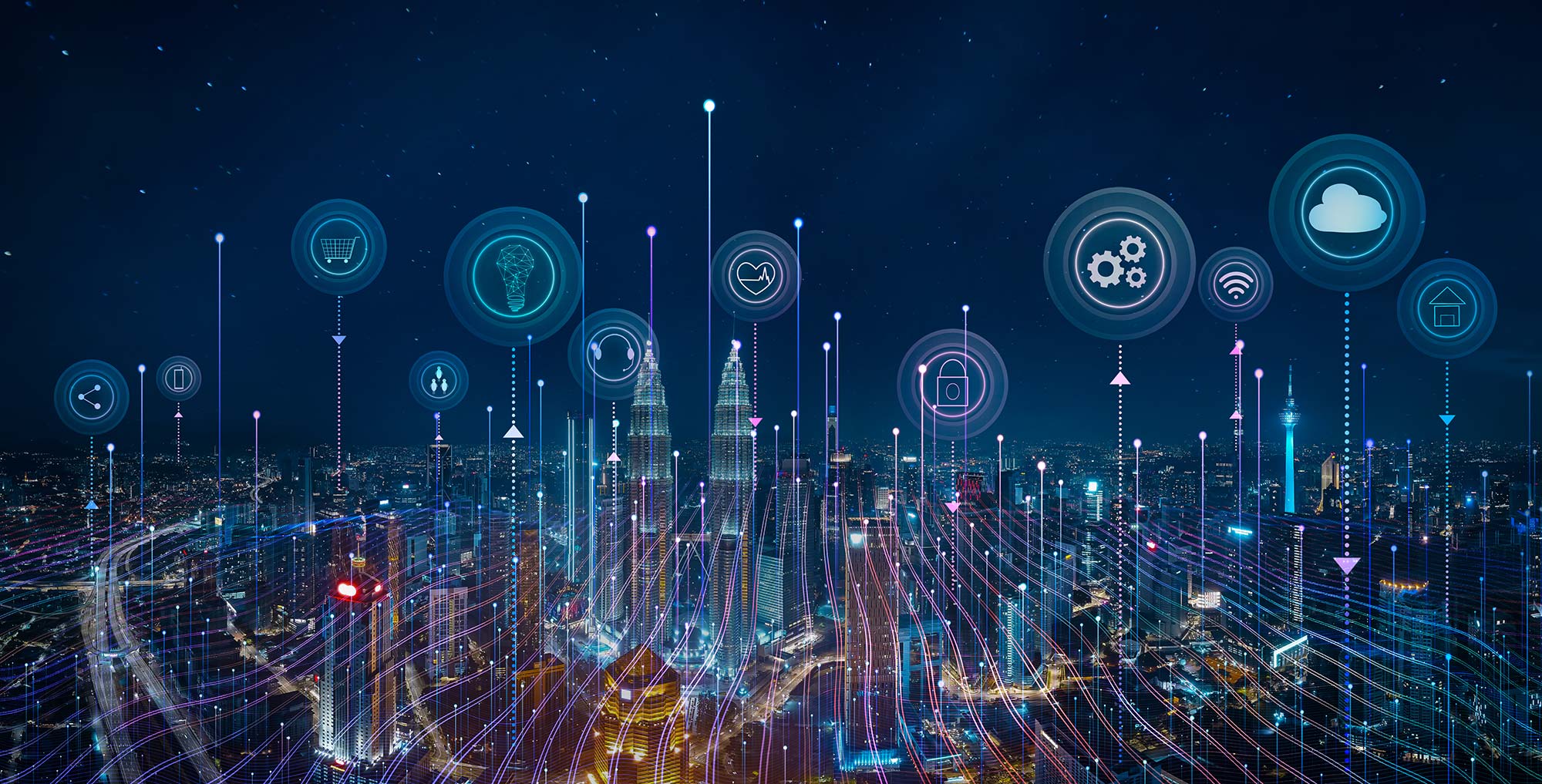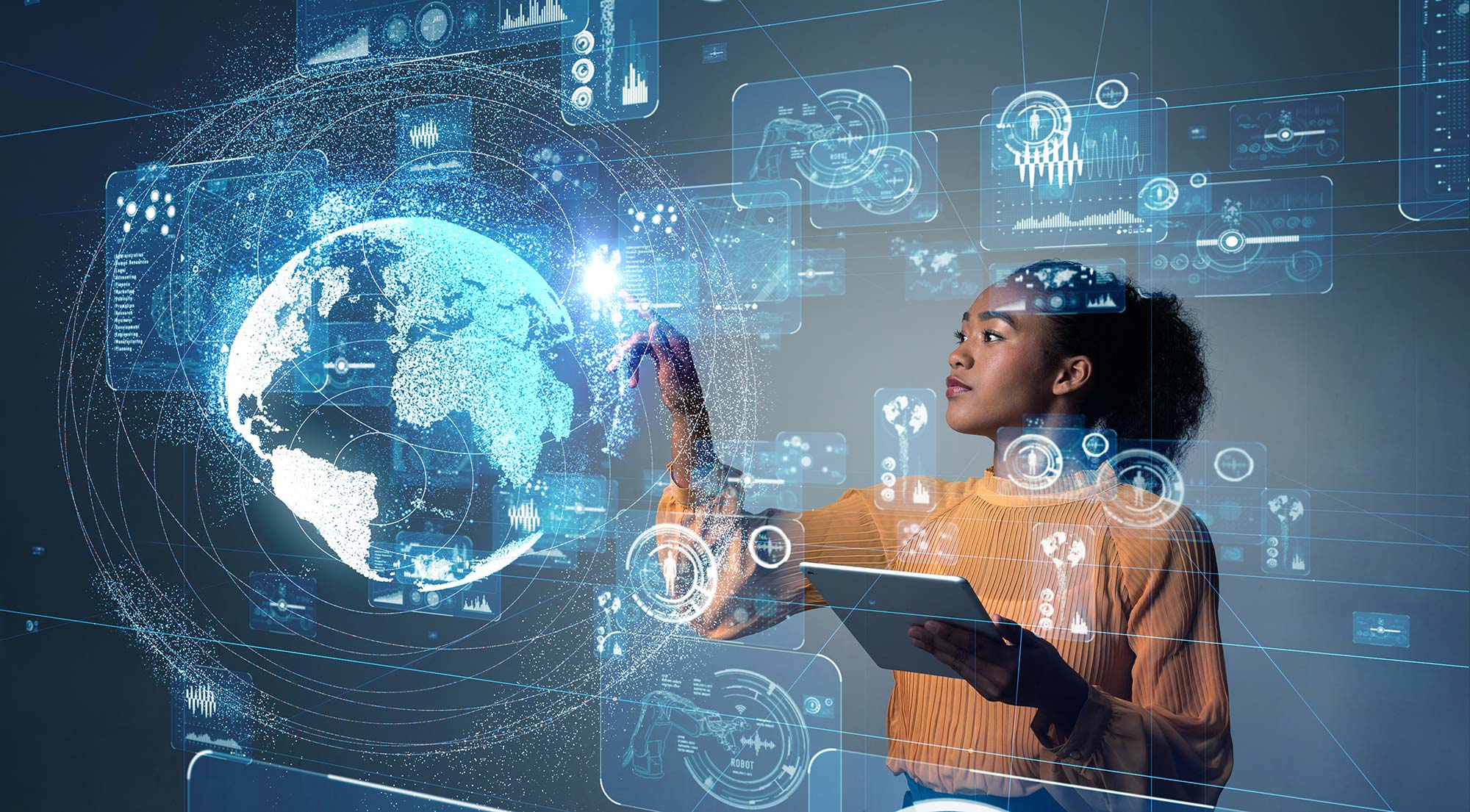Miira Leinonen
CMO
Passionate about creating compelling stories and enhancing the world of recruitment. Helping companies to improve their Employer Brand with modern recruitment methods and superior Candidate Experience.

Artificial Intelligence
Artificial intelligence has been advancing rapidly over the past few years, and it has a huge potential to transform various aspects of our lives, including work life.
Two of the most prominent names in the AI space are OpenAI and ChatGPT, which are making headlines for their ability to generate human-like text and revolutionize natural language processing.
In this blog post, we will explore some of the effects that ChatGPT and OpenAI could have on work life. If you are interested in understanding more specifically how ChatGPT can be used in recruitment, check out our previous blog post.
Before digging into the effects on work life, it is important to understand first what is the difference between OpenAI and ChatGPT. Thus, let’s start by clarifying that. 👇
OpenAI is the research organization that developed the GPT (Generative Pre-trained Transformer) model, which is the foundation for ChatGPT and other language models. In other words, ChatGPT is a product built on top of the GPT model developed by OpenAI.
OpenAI is an artificial intelligence research laboratory consisting of a team of researchers and engineers dedicated to advancing AI in a responsible and beneficial manner. OpenAI conducts research and develops cutting-edge AI technologies, including language models like GPT, robotics, and more. OpenAI also collaborates with other organizations and provides support and resources to researchers and developers in the AI community.
In a summary, ChatGPT is an AI-powered chatbot that utilizes the GPT model developed by OpenAI to provide a conversational interface to users.
✅ Yes, the GPT technology is publicly available for use by developers and researchers through OpenAI’s API. However, the use of the technology is subject to certain restrictions and limitations set forth by OpenAI.
OpenAI requires users to sign up for access to its API, and usage of the GPT technology is subject to various terms and conditions, including the payment of fees for usage above a certain threshold. Additionally, OpenAI has implemented controls to prevent the misuse of the technology, including restrictions on using the technology for harmful or malicious purposes.
❌ Furthermore, while the GPT technology is available for use, it is a complex and sophisticated technology that requires significant expertise in natural language processing and machine learning to implement effectively. As such, it may not be accessible to everyone, and its use may be limited to researchers and developers with the necessary knowledge and resources to utilize it effectively.

Then to the topic in question! Here are five effects Chat GPT, and the GPT model in general, can have on work life.
Smooth communication is one of the most crucial parts of well-functioning work life. ChatGPT can help improve communication in the workplace by providing quick and accurate responses to questions, facilitating remote collaboration, and supporting language translation between team members who speak different languages.
Overall, ChatGPT can provide a fast and convenient way for employees to communicate with each other, ask questions, and receive feedback.
“Imagine a team of engineers from different parts of the world that is working on a complex project. Due to language barriers, some team members are having difficulty understanding each other’s emails and messages, leading to delays and misunderstandings.
To address this issue, the team leader decides to implement ChatGPT. They set up a team chat channel where team members can communicate with each other in their native language, and ChatGPT translates the messages in real time. This allows team members to ask questions, clarify doubts, and provide feedback to each other without any language barriers.
As a result, the team can collaborate more seamlessly, leading to faster progress and higher-quality outcomes.”
By providing assistance with tasks such as scheduling, organizing, and searching for information, ChatGPT can save employees valuable time, allowing them to focus on more critical tasks and ultimately improving overall productivity.
Moreover, ChatGPT can reduce costs for organizations by automating repetitive tasks, minimizing errors, and potentially reducing the need for additional staff.
“Imagine a research team at a pharmaceutical company working on developing a new drug. The team members spend a significant amount of time searching through the scientific literature to find relevant studies and data. This process can be time-consuming and tedious, leaving the team with less time to focus on analyzing the data and drawing insights.
To address this issue, the company decides to implement ChatGPT. They train ChatGPT to understand the team’s research requirements and search criteria and set up an automated chat system that team members can use to request literature searches.
ChatGPT quickly and accurately retrieves relevant studies and data from scientific databases and delivers them to team members, freeing up their time to focus on analysis and insights. “
“Imagine a company that wants to improve the onboarding experience for new hires to ensure they receive the appropriate training necessary to excel in their roles.
To address this issue, the company decides to implement ChatGPT. They train ChatGPT to provide customized training and onboarding to new employees, using natural language processing and machine learning algorithms to personalize the training based on the employee’s role, experience level, and job function.
New employees can use the chatbot to ask questions, access training materials, and receive personalized support throughout the onboarding process. This can help new employees feel more supported and valued, leading to increased job satisfaction and engagement.”
 Read more: ChatGPT: Revolutionizing recruitment with AI
Read more: ChatGPT: Revolutionizing recruitment with AI
ChatGPT can assist in making informed decisions by providing relevant information and data analysis. It can also assist in forecasting and predicting future trends, enabling organizations to make proactive decisions.
Could ChatGPT help to reduce biases? That is definitely a possibility but not self-evident. When used right, ChatGPT can reduce bias in the workplace by providing objective and unbiased information and analysis, reducing the potential for human bias to affect decision-making.
“Imagine a corporation that wants to launch a new product in a foreign market. The company’s management team is trying to determine the best strategy for entering the market, but they are unsure about the cultural norms and preferences of the target audience.
To address this issue, the corporation decides to implement ChatGPT. They train ChatGPT to provide relevant information and data analysis on the target market, such as consumer behavior, cultural norms, and preferences.
ChatGPT analyzes data from various sources, such as market research reports, social media, and customer feedback. The chatbot presents the data to the management team in an unbiased and objective manner, providing insights and recommendations for the best strategy to enter the foreign market.
By using ChatGPT to provide objective and unbiased information and analysis, the management team can make informed decisions with fewer biases. “
“Imagine a large company that employs a team of customer service representatives to handle customer inquiries via email, phone, and chat. The representatives spend a significant amount of time answering repetitive and straightforward questions, such as product features, shipping times, and returns policies.
To address this issue, the company decides to implement ChatGPT. They train ChatGPT to recognize and respond to frequently asked questions and set up an automated chat system that customers can use to get quick answers to their queries.
This frees up the customer service representatives to focus on more complex issues and improve the overall customer experience.”
In conclusion, ChatGPT has the potential to bring numerous positive changes to work life, from increased productivity and better communication to cost savings and reduced bias. The sky is the limit. 🚀
Blog
Focus on Interview, Not Scribbling Notes: Meet TalentAdore's AI Notetaker
Blog
How to Succeed in Choosing a Recruitment System – Avoid Costly Pitfalls
Blog
How AI Matching Is Transforming Modern Recruitment
Blog
Job Search And AI: What Recruiters Should Know About Candidates Using AI